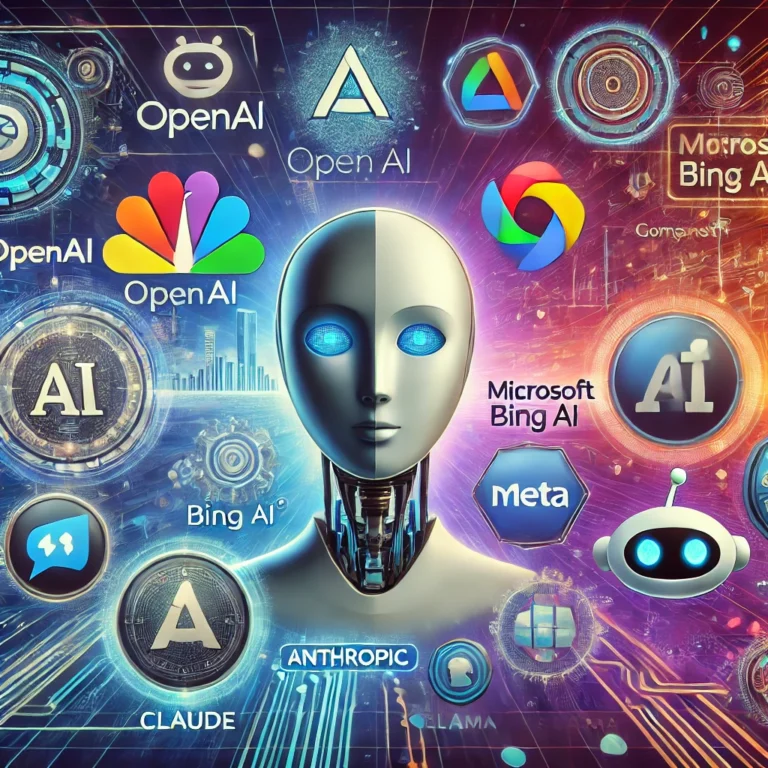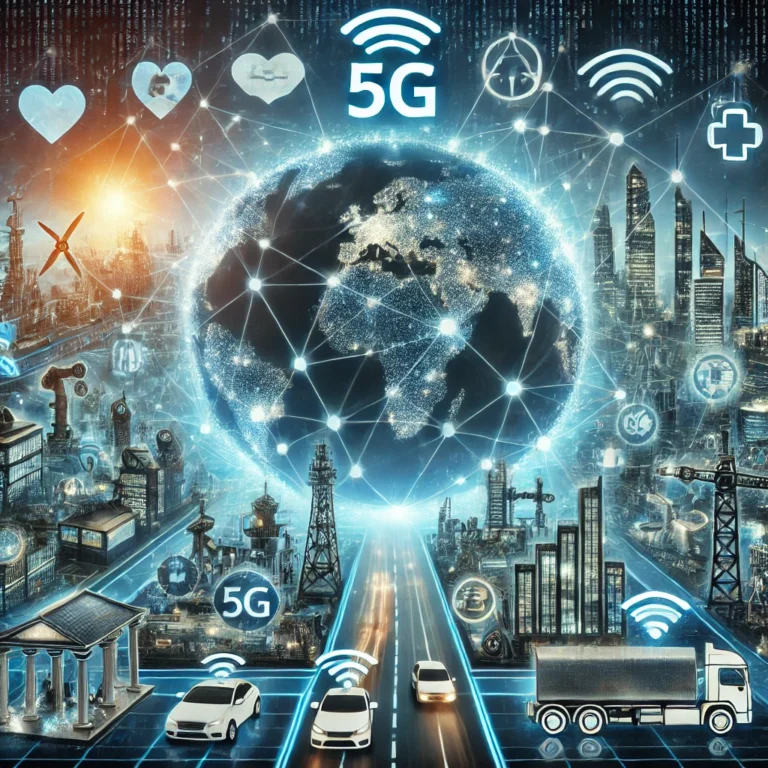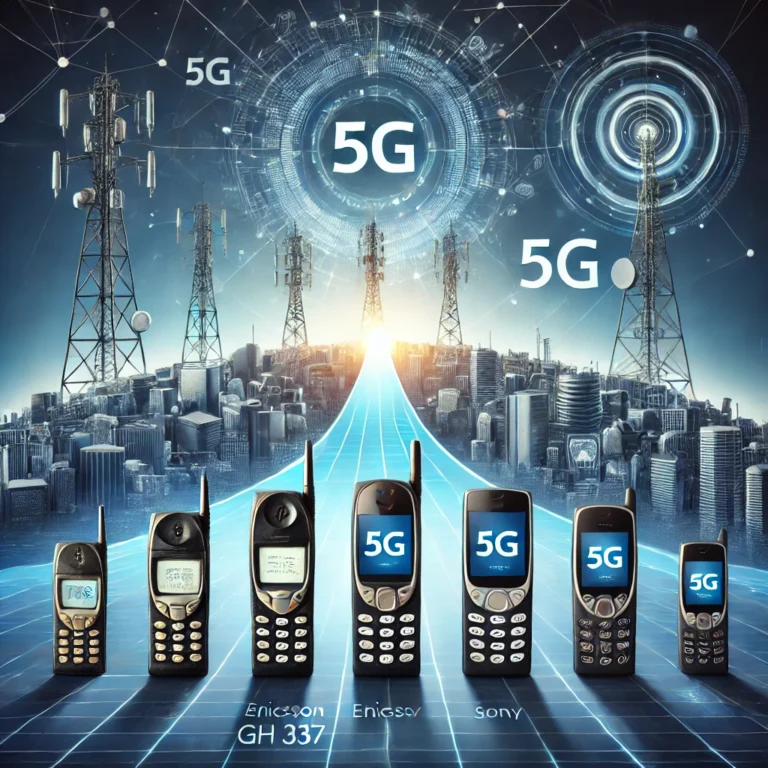A Comprehensive Review of Facebook Meta: The Evolution and Future of Social Connectivity
When Facebook rebranded itself as Meta in October 2021, the company signaled a monumental shift in its vision, focusing on the development of the Metaverse—a virtual and augmented reality-powered digital space where people can interact, work, and socialize in real-time. The change in name and mission reflects the company’s long-term strategic goals, moving beyond its identity as a social media giant and diving into the future of virtual communication and interaction. This rebrand also highlights the company’s ambitions to dominate not just social media but the broader ecosystem of extended reality (XR) technologies.
This article will review Meta’s evolution, from its beginnings as Facebook to its foray into immersive technologies, its goals for the future, and the challenges it faces along the way.
1. The Birth and Growth of Facebook
Founded in 2004 by Mark Zuckerberg and his fellow Harvard classmates, Facebook started as a university networking site. It quickly expanded beyond college campuses, becoming the most dominant social media platform globally. Over the years, Facebook transformed how people communicated, interacted, and consumed content. Features like the News Feed, Timeline, and the introduction of third-party apps on the platform helped Facebook grow into a one-stop platform for social networking, entertainment, and information-sharing.
Key Milestones in Facebook’s Growth:
- 2007: Facebook introduces its Ad Platform, revolutionizing targeted advertising on social media, leading to a massive revenue stream.
- 2012: Facebook goes public, further solidifying its position as a tech giant. That same year, Facebook acquires Instagram, expanding its influence in the visual content space.
- 2014: Facebook acquires WhatsApp, one of the most popular global messaging platforms, and Oculus VR, marking its entry into virtual reality.
Despite its unparalleled growth, Facebook faced increasing scrutiny for issues related to data privacy, misinformation, and its role in spreading harmful content. These controversies, coupled with stagnation in user growth in key markets, prompted the company to shift its focus toward new horizons.
2. The Shift to Meta: A New Vision
On October 28, 2021, Mark Zuckerberg announced that Facebook would be renamed Meta Platforms, Inc., or simply Meta. The rebrand was much more than cosmetic—it signified a broader pivot to building what Zuckerberg called the Metaverse, a digital space where physical and virtual realities blend.
What is the Metaverse?
The Metaverse is a concept that envisions a fully immersive, persistent virtual world where users can interact with each other and digital environments in ways that go beyond the current limitations of social media. Think of the Metaverse as a combination of virtual reality (VR), augmented reality (AR), and digital economies, all woven into a cohesive experience. This concept had been a longstanding idea in the tech world, popularized by science fiction books like Snow Crash and movies like Ready Player One.
Meta aims to be at the forefront of this new digital frontier. The company has made substantial investments in VR, AR, and 3D technologies, positioning itself to become a major player in shaping the Metaverse.
Why the Shift?
- Declining Engagement on Traditional Platforms: While Facebook and Instagram remain hugely popular, user growth, particularly in Western markets, has slowed. Younger generations are moving toward platforms like TikTok that offer more immersive, video-based experiences.
- Regulatory and PR Challenges: Meta faced heavy scrutiny over data privacy issues (notably the Cambridge Analytica scandal), its role in spreading misinformation, and concerns over user addiction. By pivoting to the Metaverse, Meta seeks to reinvent its brand and move past its association with these challenges.
- Long-Term Growth: Zuckerberg sees the Metaverse as the next great frontier in tech, similar to the transition from desktop computers to mobile devices. By becoming the leader in immersive digital spaces, Meta hopes to ensure its relevance for the next decade and beyond.
3. Meta’s Key Areas of Focus
Meta’s shift from a social media company to a company focused on building the Metaverse encompasses several key technologies and initiatives:
a) Virtual Reality (VR) and Augmented Reality (AR)
Meta’s commitment to virtual and augmented reality is spearheaded by its Reality Labs division, which is responsible for developing VR headsets like the Oculus Quest (rebranded as Meta Quest) and AR technologies that will allow for more seamless integration of the digital and physical worlds.
- Meta Quest 2: Meta’s flagship VR headset is designed for gaming, virtual meetings, and social experiences. It’s been a popular product, often regarded as the most accessible consumer VR headset. Meta Quest 3 is on the horizon, with improvements expected in processing power and immersion.
- Project Cambria: A more advanced AR/VR headset aimed at professional and enterprise users. It represents Meta’s goal of blending virtual and augmented realities into a seamless experience. Project Cambria is expected to push the boundaries of what VR/AR can achieve.
- AR Glasses: Meta is working on lightweight AR glasses, part of its plan to create “everyday augmented reality.” These glasses could bring up digital information in real-time, allowing users to interact with their environment in entirely new ways.
b) Horizon Worlds: Meta’s Social Metaverse Platform
Horizon Worlds is Meta’s flagship social Metaverse experience. It’s a VR environment where users can create avatars, interact with others, and explore or build virtual worlds. The platform represents Meta’s vision for a virtual social space where people can socialize, work, and play, all within a VR setting.
However, Horizon Worlds has faced criticism for user experience issues, a lack of users, and safety concerns, particularly with user behavior. As Meta works to improve Horizon Worlds, it faces the challenge of making the platform both accessible and appealing to mainstream audiences.
c) Metaverse Economy: NFTs and Digital Assets
Meta is also exploring the integration of NFTs (Non-Fungible Tokens) and digital assets into its platforms. In the Metaverse, users could own and trade digital goods such as clothes for avatars, real estate in virtual worlds, and more. These transactions could occur using blockchain technology, allowing for secure, decentralized ownership of digital items.
By building a virtual economy, Meta hopes to attract businesses and creators who can monetize their products and services in the Metaverse.
4. The Future of Meta: Opportunities and Challenges
Opportunities:
- Dominating a New Industry: If Meta successfully builds the infrastructure for the Metaverse, it could dominate the next era of digital interaction, similar to how Facebook led the social media revolution.
- Business Applications: Meta sees significant opportunities in virtual workspaces. With tools like Horizon Workrooms, Meta is positioning itself as the go-to provider for companies that want to hold virtual meetings or collaborate in 3D environments.
- Entertainment and Gaming: The Metaverse has the potential to revolutionize gaming and entertainment, creating immersive experiences that transcend what is currently possible on traditional screens. Meta already has a foothold here with its Quest platform.
- Long-Term Vision: Meta’s early investment in VR and AR gives it a head start in an industry that many believe will be the future of digital interaction. By focusing on the Metaverse now, Meta is planting the seeds for long-term success in what could become a multi-billion-dollar industry.
Challenges:
- Technological Hurdles: The technology required to build a seamless, immersive Metaverse is still in its infancy. Latency, hardware limitations, and creating truly convincing virtual environments are all significant hurdles Meta needs to overcome.
- Privacy and Data Concerns: Given its history with data privacy issues, Meta’s shift to the Metaverse raises questions about how user data will be handled in these new virtual environments. Will the same problems of targeted ads and invasive tracking persist in the Metaverse?
- Regulation and Oversight: As Meta leads the charge into new digital spaces, it’s likely to face increased scrutiny from governments and regulators. Ensuring user safety, preventing harmful content, and creating ethical guidelines for the Metaverse are all issues Meta must address.
- User Adoption: The success of the Metaverse hinges on mainstream adoption. If Meta can’t convince average users to engage with its virtual worlds, its massive investments in the Metaverse may not pay off. Horizon Worlds, in particular, has yet to achieve mass popularity, and getting users to spend significant time in VR remains a challenge.
Conclusion
Meta is betting big on the Metaverse, envisioning a future where immersive digital spaces play as important a role in our lives as the internet does today. While Facebook, Instagram, and WhatsApp remain core parts of Meta’s business, the company’s future will likely hinge on its ability to lead in VR, AR, and Metaverse development.
The transformation from Facebook to Meta represents a bold leap into the unknown, with both enormous potential and significant challenges. Whether Meta will realize its ambitious vision or face insurmountable obstacles is still uncertain, but one thing is clear: the company is determined to be at the forefront of the next digital revolution.
4o






